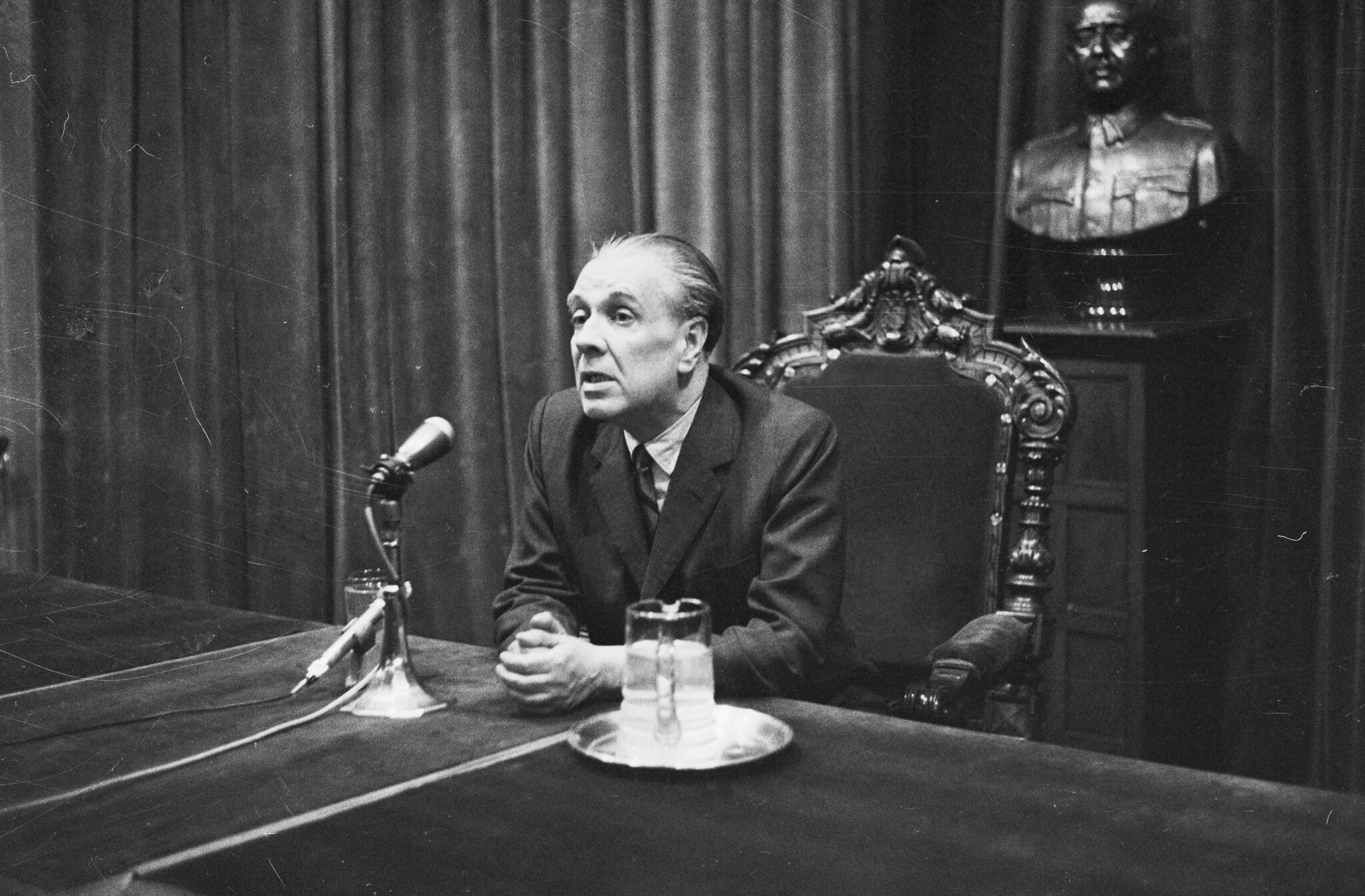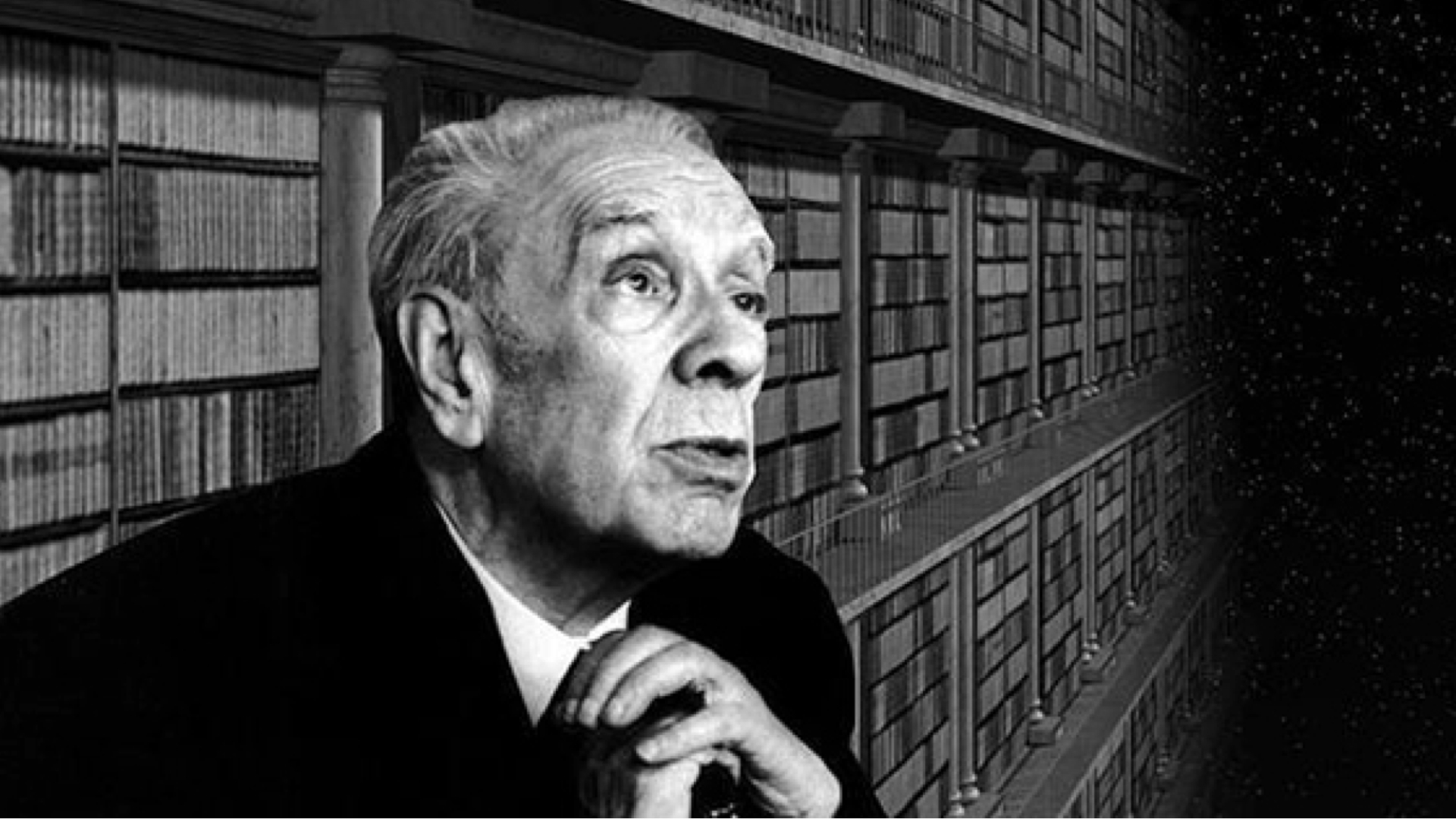Jorge Luis Borges: A Literary Labyrinth of Complexities
Introduction
Jorge Luis Borges, the enigmatic Argentine writer, remains a literary enigma whose profound and multifaceted contributions have left an indelible mark on the world of literature. Known for his enigmatic narratives and philosophical explorations, Borges deftly wove intricate tales of magic realism, existentialism, and time, challenging the boundaries of human perception and delving into the depths of the human condition. This essay aims to unravel the complexities of Jorge Luis Borges, critically examining his profound impact on literature and his enduring legacy as a master of the written word.
The Realms of Magic Realism and Philosophical Fiction
Borges' literary genius manifested in his mastery of magic realism, a genre that seamlessly blends the mundane with the fantastical. In his stories, the laws of nature succumb to the whimsical and inexplicable, tantalizing the reader with a blurred line between the real and the imagined. "The Circular Ruins" and "The Library of Babel" stand as testament to Borges' penchant for creating labyrinthine worlds where the boundaries of reality collapse, inviting readers to question the very fabric of their existence.
Simultaneously, Borges' writings transcended mere escapism, delving into philosophical depths that introspectively examined the nature of time, identity, and the complexities of human existence. Through characters grappling with existential quandaries and navigating metaphysical labyrinths, Borges explored themes of solitude, the passage of time, and the eternal struggle between good and evil. "The Garden of Forking Paths" and "The Death and the Compass" serve as compelling examples of his profound philosophical explorations.
The Labyrinthine Narratives
Borges' stories are often characterized by their labyrinthine structures, where interconnected narratives intertwine, creating a multidimensional literary landscape. His complex and recursive narratives challenge traditional notions of linear storytelling, inviting readers to actively participate in unraveling the intricate tapestry of his tales. "The Aleph" and "Pierre Menard, Author of the Quixote" exemplify the depth and complexity of Borges' storytelling techniques, leaving readers with a sense of awe and intellectual stimulation.
Intertextuality and Literary Allusions
Borges' erudition manifested in his masterful use of intertextuality and literary allusions. He meticulously wove references to various literary works, myths, and philosophical concepts into his narratives, creating a rich tapestry of interconnected ideas. By incorporating elements from different literary traditions, Borges paid homage to his predecessors while simultaneously subverting and reimagining their creations. "Tlön, Uqbar, Orbis Tertius" and "The Book of Sand" are striking examples of his intertextual prowess, blurring the lines between fiction and reality and challenging the very notions of authorship and originality.
The Pervasive Influence of Borges
Borges' influence on literature extends far beyond his own works. His innovative narrative techniques, philosophical explorations, and metafictional playfulness have inspired countless writers, solidifying his position as a literary titan. From the postmodern experiments of Italo Calvino to the magical realism of Gabriel García Márquez, Borges' legacy continues to resonate, shaping the trajectory of contemporary literature.
The Broader Implications and Conclusion
Delving into the complexities of Jorge Luis Borges not only offers a profound understanding of his literary genius but also sheds light on the broader implications of his contributions. His intricate narratives and philosophical explorations continue to captivate and challenge readers, inviting them to question the limits of reality, confront existential quandaries, and appreciate the intricate interconnections of human experience.
Borges' literary legacy serves as a testament to the enduring power of the written word to evoke wonder, stimulate the intellect, and expand our understanding of ourselves and the world around us. His works stand as timeless and thought-provoking masterpieces, ensuring his place as one of the most influential and enigmatic figures in the annals of literary history.
Miss World From 1951 To 2023: All The Winners Who Captured The Spotlight
Meet The 12 Teams Of The College Football Playoff
Anne Hathaway: The Versatile Star Who Excels In Every Role



